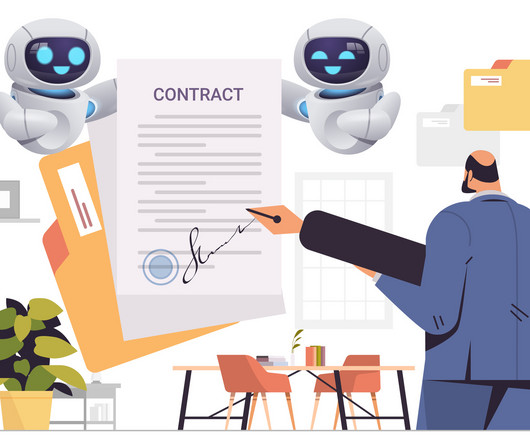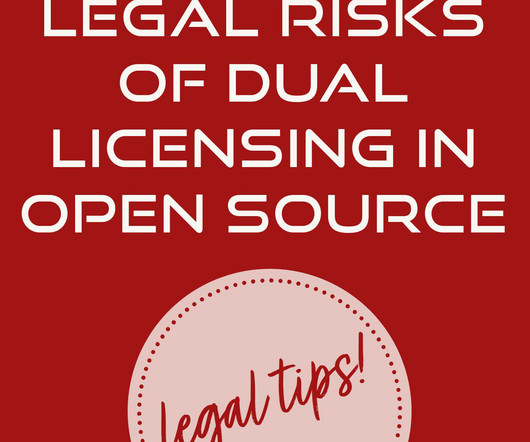Copyright implications of Augmented Reality for cultural goods – Part 1
Kluwer Copyright Blog
DECEMBER 5, 2022
For instance, moral rights may be at stake, as well as alternative forms of protection that may limit the availability of works, such as cultural heritage-related rules or contractual provisions. When copyright is involved, both economic and moral rights issues are at stake.












Let's personalize your content